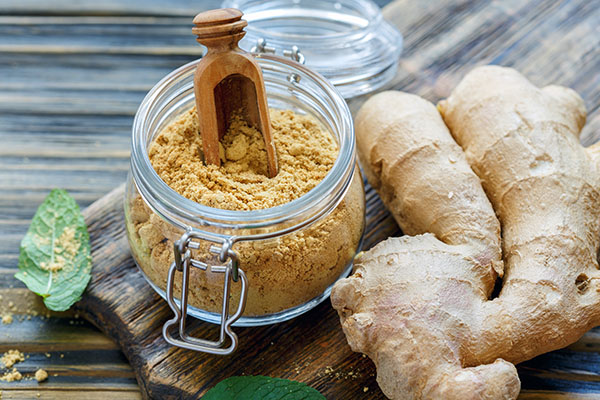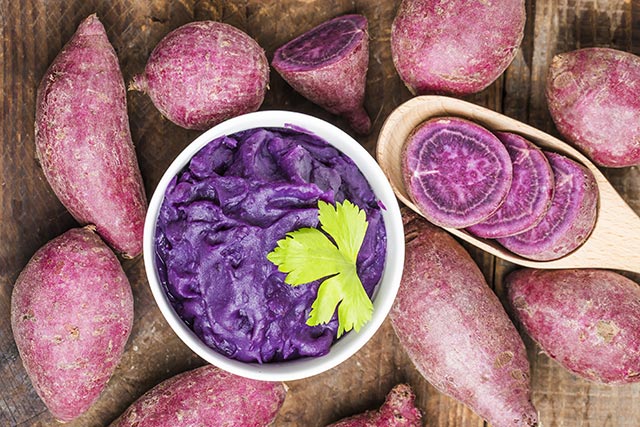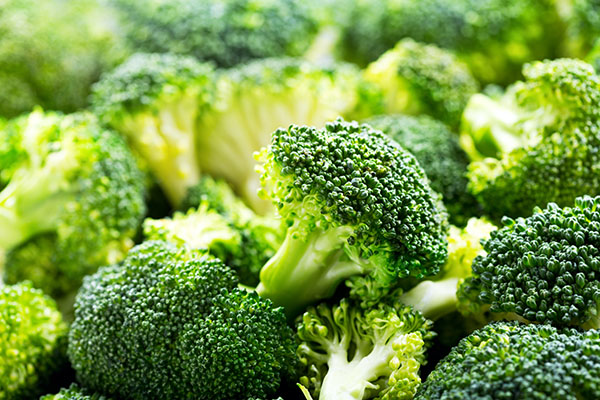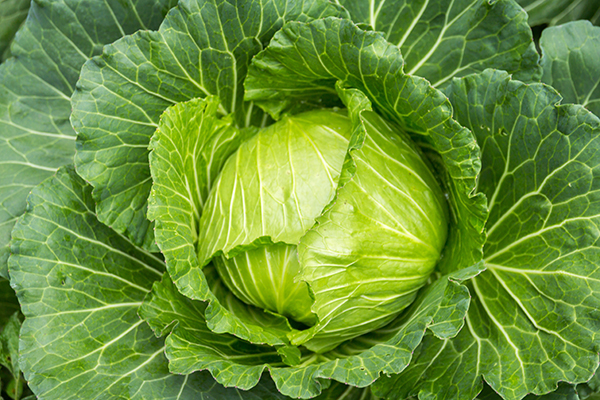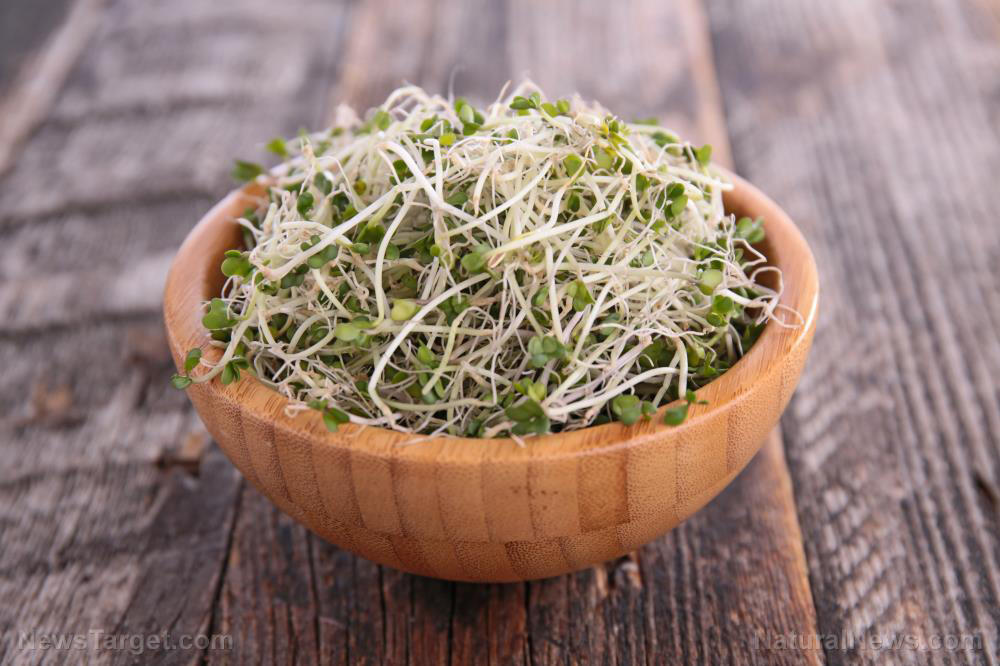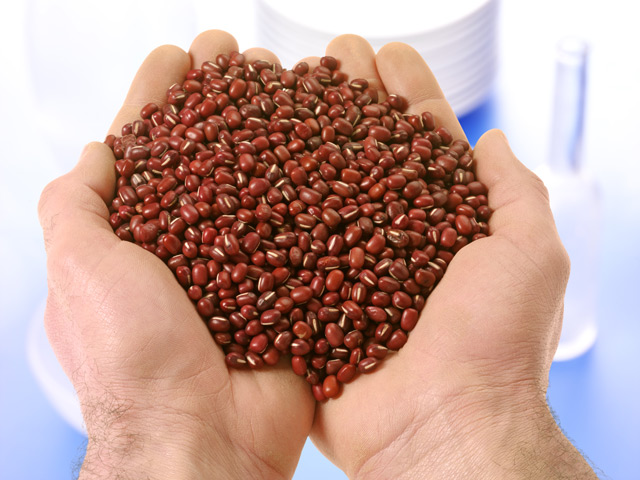Lion’s mane mushroom: The exotic functional mushroom that boosts brain health and provides many other health benefits
03/12/2024 / By Olivia Cook

Several studies have added to the growing pile of evidence proving that lion’s mane mushroom can be very beneficial for people looking to boost brain health.
Considered the world’s first “smart mushroom,” lion’s mane mushroom, also known by its scientific name Hericium erinceus, is an excellent source of vitamins and minerals and offers a mildly sweet flavor and a tender texture that mimics seafood.
Lion’s mane mushroom has been used for centuries in traditional Chinese and Ayurvedic medicine, and several studies have theorized that the reason lion’s mane keeps appearing in traditional medicinal practices is because there is some merit to their beliefs.
Modern scientific tests have revealed that lion’s mane does offer a number of nootropic or mind-affecting benefits, boosting cognitive function and helping to enhance memory retention.
A study published in the journal Antioxidants (Basel) found that lion’s mane mushrooms contain two special aromatic compounds that stimulate the growth of brain cells – hericenones and erinacines.
Another study in the Journal of Neurochemistry found that compounds in lion’s mane mushrooms may help improve memory. Researchers wrote that the compounds in lion’s mane mushrooms caused neurons in the hippocampus – the region of the brain believed to be responsible for learning and forming memories – to have larger growth cones. This strongly suggested that lion’s mane caused hippocampal neurons to not only grow, but grow more efficiently and form more connections. (Related: Compounds in Lion’s mane mushroom found to improve memory by aiding nerve growth.)
Furthermore, lion’s mane mushroom is also known to have other significant health benefits.
Supports digestive health and prevents ulcers
An article published in Johns Hopkins Medicine reports that properties of lion’s mane mushrooms have been shown to support the digestive tract, preventing ulcers by stopping the growth of Helicobacter pylori, a bacteria that damage the tissues in the stomach and the first part of the small intestine. This can cause redness and swelling and, in some cases, can also cause painful sores called peptic ulcers in the upper digestive tract.
Supports healthy immune function
Animal research, including a study published in the journal Food & Function, has shown that lion’s mane mushroom boosts immunity by increasing the activity of the intestinal immune system, which protects the body from pathogens that enter the gut through the mouth or nose.
A study published in the journal Frontiers in Immunology reported that a fungal protein from lion’s mane called HEP3 regulates the composition and metabolism of gut microbiota to activate the proliferation and differentiation of T cells, stimulate the intestinal antigen-presenting cells and play a probiotic role that has been proven beneficial in patients with irritable bowel syndrome.
Helps fight cancer
A study published in the journal Anti-cancer Agents in Medicinal Chemistry identified two natural compounds from Hericium erinaceous, named erinacerin O and erinacerin P, which inhibited glioma, the most common tumor of the central nervous system. Results showed increased apoptosis of U87 cells – a cell line with epithelial morphology isolated from malignant gliomas for patients diagnosed with glioblastoma – after treatment with erinacerin P.
Reduces the risk of heart disease
Research, including a study published in the journal Mycobiology, showed that lion’s mane extract improves fat metabolism and lowers triglyceride levels – reducing the risk of heart disease.
Speeds recovery from nervous system injury
Some research, including a study published in the International Journal of Medicinal Mushrooms, suggested that extracts of lion’s mane mushrooms encourage nerve cells to grow and repair more quickly.
One study published in the journal Evidence-based Complementary Alternative Medicine showed that rats with nerve damage receiving a daily extract of lion’s mane mushrooms had quicker nerve regeneration than control animals.
Helps manage diabetes symptoms
A study published in the International Journal of Biological Macromolecules proved lion’s mane mushroom beneficial for diabetes management by improving blood sugar management and reducing some of these side effects.
A study published in the Journal of Ethnopharmacology demonstrated that lion’s mane lowers blood sugars by blocking the activity of the enzyme alpha-glucosidase, which breaks down carbohydrates in the small intestine.
A study published in the journal Evidence-based Complementary and Alternative Medicine showed that in addition to lowering blood sugars, lion’s mane extract significantly reduced diabetic nerve pain in the hands and feet and even increased antioxidant levels.
Naturally uplifts mood and relieves anxiety and mild depression
Animal research, including a study published in the International Journal of Molecular Sciences, found that lion’s mane mushroom extract has anti-inflammatory effects that reduce symptoms of anxiety and depression in mice.
A small study of menopausal women published in the journal Biomedical Research found that eating cookies containing lion’s mane mushrooms daily for one month helped reduce self-reported feelings of anxiety and irritation.
Our mission is to empower, uplift and defend the lives of every human being across our planet, and we’re doing it by building the infrastructure of human freedom. Find out about how we’re doing this using cutting-edge AI technology at this link. Support our ongoing efforts by shopping at HealthRangerStore.com, and thank you for your support!
Watch this video to learn about mushrooms with a magical effect on brain health.
This video is from the Finding Genius Podcast channel on Brighteon.com.
More related stories:
Research shows Lion’s mane mushroom can combat dementia and cognitive decline.
Lion’s mane mushroom – Unparalleled benefits for your brain and nervous system.
Supporting brain health: Lion’s mane mushroom helps reduce depression and anxiety.
Enjoy a lion’s share of health benefits by adding Lion’s mane mushrooms to your diet.
Lion’s mane lives up to its reputation as a great natural mood enhancer.
Sources include:
Submit a correction >>
Tagged Under:
This article may contain statements that reflect the opinion of the author
RECENT NEWS & ARTICLES
COPYRIGHT © 2017 SUPERFOODS NEWS




